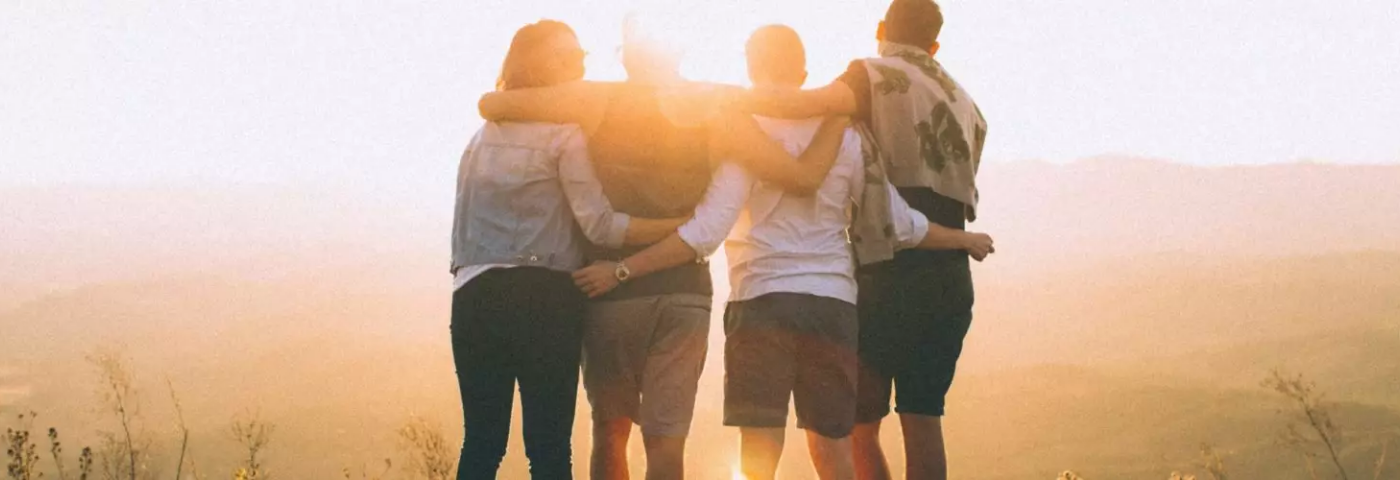At the end of 2019, the group travel sector was flourishing. The formula was a winning one – provide travellers with the chance to meet likeminded people while experiencing new destinations.
And then 2020 arrived and everything came to a grinding halt. A future that once seemed so bright was suddenly murky, with no clear path to navigate out of the gloom.
But this is also a resilient industry – one that has managed to find ways to reinvent itself to resume operations – as was discussed during Africa Travel Week Virtual in a panel discussion tackling the important question: what does the future hold for group travel?
“The thing with pandemic is that is has taught everybody that travel is actually very special,” says Brian Young, Managing Director: EMEA Region for G Adventures. He points out that prior to the pandemic, to some degree travel had become somewhat commoditised and was taken for granted. “Now that we’ve had it taken away from us, I think people really appreciate it. We are a curious species as human beings – we thrive off exploration and contact with other people and cultures. People have discovered a real wanderlust through this pandemic,” he adds.
The growing popularity of virtual travel – with people able to experience destinations from the safety of their homes – has played a role in stimulating this wanderlust – and despite being adamant that virtual travel was an arena she would never play in, Yolanda Woeke, Vice President: Sales & Marketing for Dragonfly Africa, says she has eaten her words and been amazed at the response. “Just last week I had 180 Americans on a virtual safari and they all raved about it. It’s so important to keep the momentum going so that once borders are open and people have been vaccinated, the only thing travellers can think of is Africa,” she says.
So how can group travel companies tap into this renewed love for travel? Young says that first and foremost, you have to focus on safety and giving your customers the confidence to travel. G Adventures has done this in a few different ways. Firstly, it has created a Travel with Confidence policy, which clearly states how customers will be looked after at every step of their journey.
For customers who want an extra level of safety, it has also curated a collection of Travel with Confidence Plus tours, which includes extra elements, for example an empty coach seat next to the traveller and their own rooms. Additionally, it has introduced a Booking with Confidence policy that allows them to change their trip without incurring penalties, should government regulations change. Finally, in line with the trend of friends and family “bubbles”, G Adventures has adapted its private groups offering so that customers can book out a whole tour and travel within their own bubble.
The Travel Corporation, which includes a number of group travel brands, has similar policies in place with a big focus on flexibility and taking steps that give customers the confidence to book and travel. Kelly Jackson, Managing Director of The Travel Corporation, predicts that this is one of the aspects that will bring customers back to group travel. “You want to know you can still explore the world you remember before the pandemic, without being confined by protocols and regulations. That’s one of the benefits of group travel because we take
care of everything behind the scenes for you – so you can go and enjoy a magnificent trip to whichever country you have chosen and we will have a team working 24/7 to keep up to date with any changing regulations and protocols, making sure we adapt without impacting on the guests’ enjoyment,” she says. Certain brands, including Trafalgar, Insight Vacations and Luxury Gold will have a Wellbeing Director accompany trips whose sole responsibility will be the health and safety of guests.
Looking ahead, while the future may be uncertain, Jackson says it will be important to remain agile and fluid, adopting policies and procedures as things change. She points out that the pandemic has also drawn the world’s attention to the problem of overtourism – something that The Travel Corporation took very seriously before Covid with the devising of two strategies that will be integrated by 2025. The first will focus on ensuring travellers make a positive social or environmental impact on the destinations they visit, while the second will put focus on supporting a greater spread of tourism, with tours to destination that have no symptoms of overtourism.
“It is our hope that people will take stock as the world comes to a pause and think about the impact they have when they travel,” adds Young. G Adventures has 100 enterprise projects in place all over the world but says: “We need travel in order to make this work. We need to work out that balance between environment and social impact – making sure that as we come back, we travel safely and think about making our impact a positive one” he concludes.


